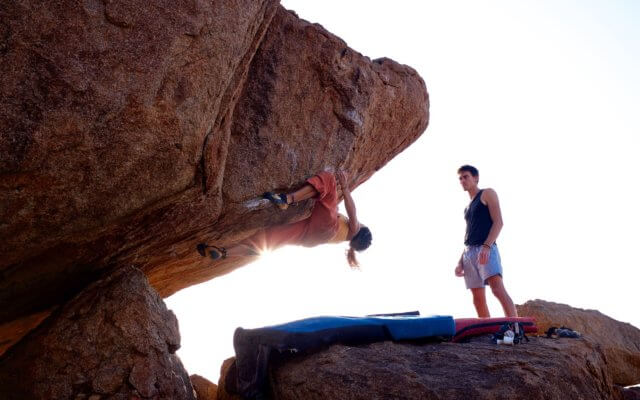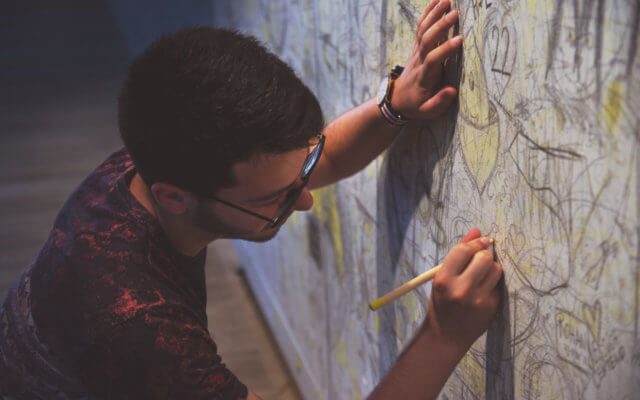ERASMUS+, Klíčová akce 1: výměna mládeže
Termín konání: 21.—29. červen 2025
Místo konání: Kayseri, Turecko
Český tým: 4 účastníci + 1 group leader
Hostitelská organizace: Musninkai rural community
Report z projektu:
Ve dnech 21. – 29. 6. 2025 jsem se zúčastnil projetku Erasmus+ Green Fashion v Kayseri v Turecku. Byl to pro mě zážitek na celý život a nová zkušenost, protože jsem znal Turecku jenom jako destinaci, kde ležíte na hotelu u moře. Kayseri bylo úplně jiné a to se mi na tom líbilo.
Projekt byl o tom aby jsme se naučili jak se správně chovat k naší planetě a že nemusíte kupovat zbytečně moc oblečení. V různých hrách a aktivitách jsme měli možnost debatovat a zkoušet různé věci, které nám připravili naší ,,učitelé’’ např. vyrobit ze starého trička nákupní tašku. Během těchto aktivit jsme se seznamovali s lidmi jiných zemí a kultur.
Podle mě bylo nejlepší se seznámit a udělat si nové kamarády a poznávat jejich zemi a kulturu. Dodnes budu vzpomínat na Kayseri a Turecko.
Chtěl bych poděkovat všem pořadatelům tohoto projektu a doufám, že v budoucnu budu mít možnost se podobného projektu zúčastnit.
Matouš



